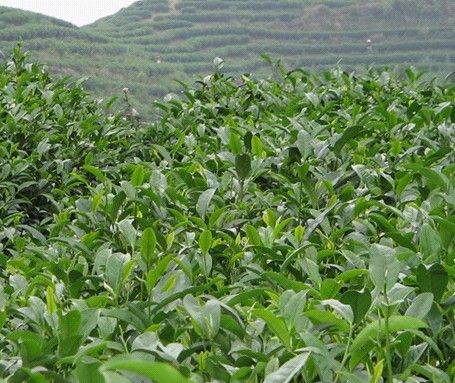Tea produced in high mountains is naturally born with the following two advantages.
First, because of the cold and cool mountains, the weather is clouded by morning and evening, and the average daily sunshine is short, which leads to the decrease of bitter components such as "catechins" contained in tea shoots, which in turn increases the "alanine" and "soluble nitrogen" etc. The ingredients that contribute to sweetness.

Second, due to the large temperature difference between day and night and cloud cover of long afternoon, the growth of tea plants tends to be slow, giving tea leaves the advantages of soft shoots, thick mesophyll, high pectin content, and so on.
Longyan Village was formerly known as the "Longan Forest." Because the old Longanyan was many and dense forests were integrated, it was called Longan Lin. Although tea crystals produced in high mountains occupy these advantages, there are still difficulties in making tea from high mountains. First of all, the high labor costs for the production of tea and tea; The frequent fogging environment in the afternoon often affects the success rate of the finished tea. So the top good tea can only look at God's face.
On the whole, whether it is "Alishanzhulu tea" or "Lishan tea", in fact, can be categorized as a kind of mountain tea, a symbol of good tea out of the mountains, is indeed a legendary fact. The reason why the mountain tea is so charming is that after it has been brewed, the long-awaited tea aroma and intriguing taste, and drink a cup, has a feeling of unity between man and nature, which is exactly what it is. Pingdi tea is difficult to contend with the main cause of alpine tea.
It is located in the tea garden of the lower part of Hongye State in Renai Township, Nantou County. In general, though alpine tea is widely loved by people from all walks of life, for producers, the conditions for making top-quality tea are actually quite harsh because they must be made locally.